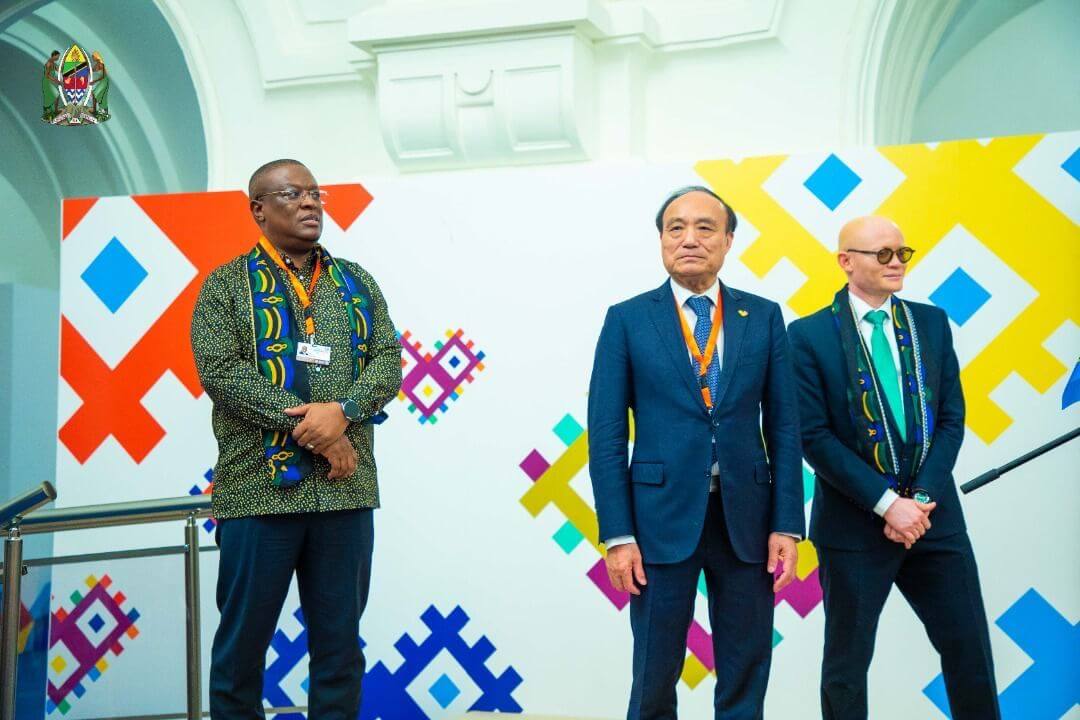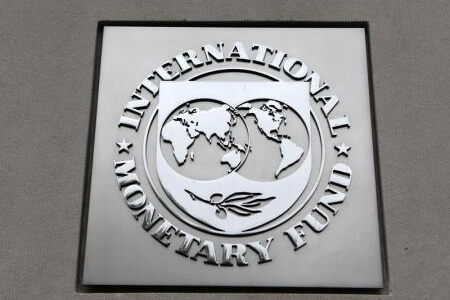Tanzania was yesterday elected among 48 countries out of 193 Member State to be in the International Telecommunication Union (ITU) Council for 2023 to 2026. Tanzania is among 13 countries representing Africa Region.
The council is the Union’s governing body that is mandated to consider broad telecommunication policy issues to ensure that ITU activities, policies and strategies fully respond to today’s dynamic, rapidly changing telecommunications environment.

Speaking shortly in Bucharest, the Tanzania Minister of Information, Communication and Information Technology Nape Nnauye reaffirmed Tanzania commitment in ITU for the 4 years it will be in the council.
“I wish to reiterate that Tanzania is committed to co-operate and share with other Member States, the ITU Secretariat and the regional offices to make ITU an eminent international body that plays an important role in enhancing socio-economic development of all member countries as members of ITU council” said Nnauye.
Doreen Bogdan-Martin (USA) was the Secretary General of ITU, and Tomas Lamanauskas (Lithuania) Deputy Secretary General and Bureau Directors in charge of the ITU’s three primary work areas, member states of the International Telecommunication Union (ITU) completed elections for the ITU’ Council and Radio Regulations Board.
Mario Maniewicz (Uruguay) was elected to serve a second term as Director of ITU’s Radiocommunication Bureau, which is responsible for maintaining and implementing the Radio Regulations treaty that harmonizes international spectrum use and satellite orbits, and for developing the related technical standards.
Seizo Onoe (Japan) was elected to lead the ITU’s Telecommunication Standardization Bureau, which has a membership of governments, for-profit organizations, and technical experts from all over the world and is in charge of creating global technical standards for telecommunication and ICT (information and communication technology).
Dr. Cosmas Zavazava (Zimbabwe) was elected as the new Director of the ITU’s Telecommunication Development Bureau, which is in charge of coordinating international efforts to connect the unconnected through encouraging equitable and inclusive digital development, enhancing the capacity and infrastructure of developing nations, and launching programs to make technology more accessible to everyone.
12 individuals were elected as members of the ITU Radio Regulations Board. The Board is in charge of maintaining and enforcing the Radio Regulations treaty, which unifies global spectrum use and satellite orbits, as well as creating the necessary technical standards.







